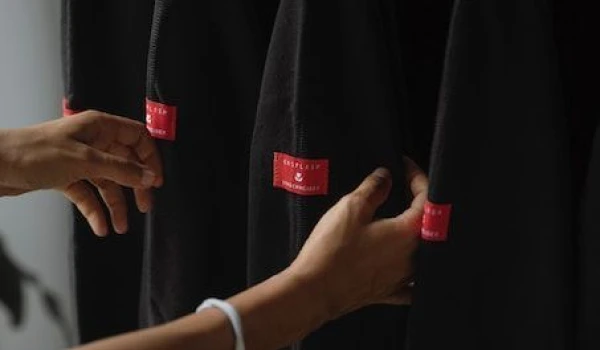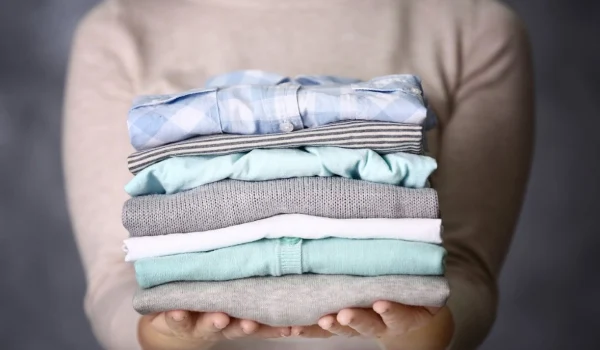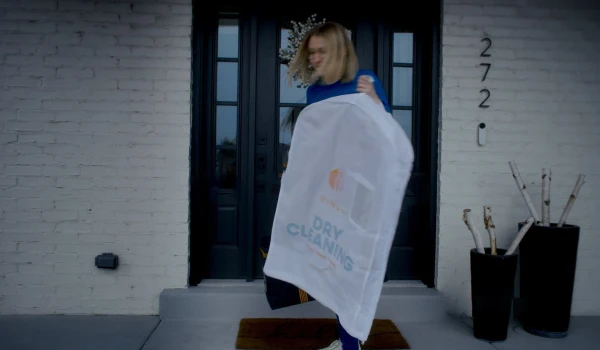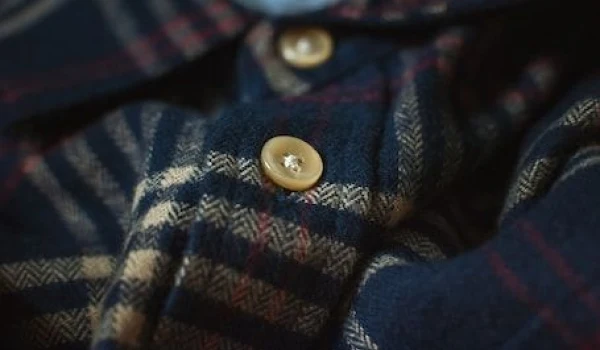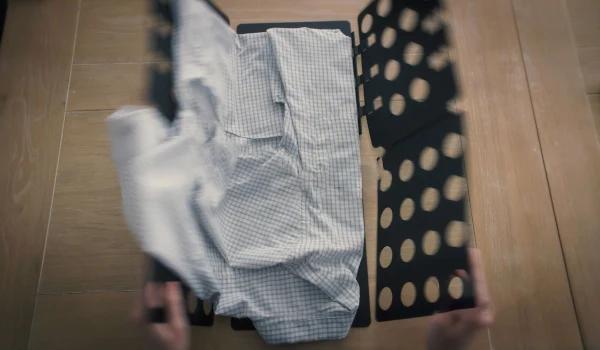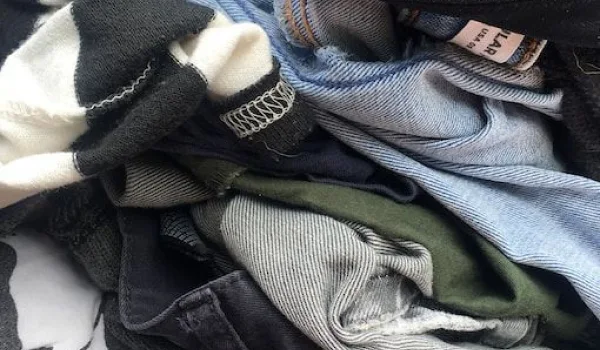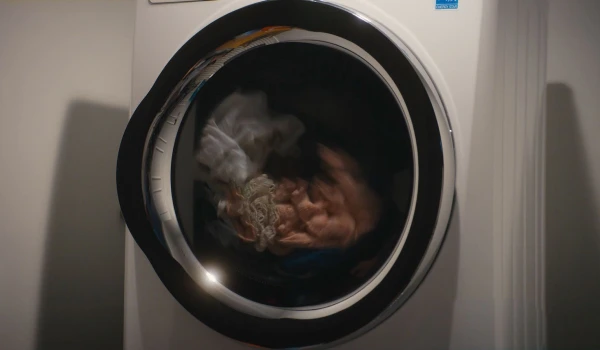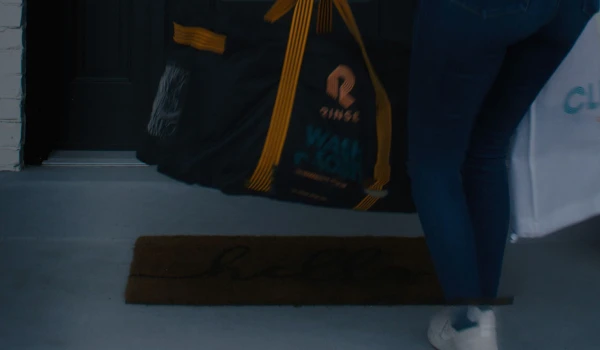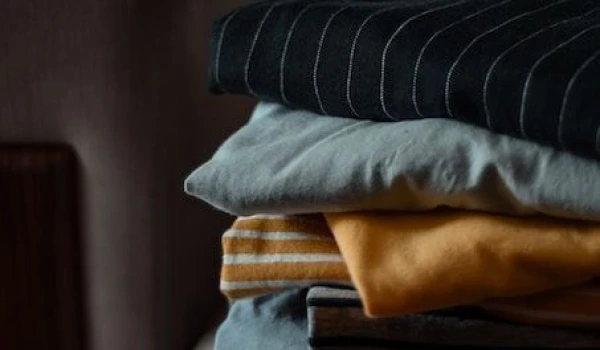Introduction
Sustainable fashion has been gaining momentum in recent years, as consumers become more aware of the environmental impact of the fashion industry. From ethical production processes to eco-friendly materials, the demand for sustainability is reshaping how we think about clothes. A major part of this shift involves sustainable fabrics, which are designed to minimize harm to the environment during production and decomposition. In this article, we’ll dive into the world of sustainable fabrics, explore the different types available, and highlight some of the most popular options. By understanding these fabrics, you can make more informed choices in your wardrobe while contributing to a healthier planet.
What Are Sustainable Fabrics?
Sustainable fabrics are materials produced with minimal environmental impact, making them an essential component of sustainable fashion. These fabrics are typically created from renewable resources, biodegradable materials, or recycled fibers, ensuring that their production process and eventual disposal don’t cause significant harm to the environment. They differ from conventional fabrics in several key ways, including reduced energy consumption, lower water usage, and the avoidance of toxic chemicals in the production process.
What makes a fabric sustainable can include a variety of factors, such as:
-
Biodegradability: Sustainable fabrics often break down naturally without leaving harmful residues.
-
Renewable resources: Materials derived from renewable sources, like plant-based fibers, reduce reliance on finite resources.
-
Low environmental impact: The cultivation, harvesting, and processing of these materials usually require fewer pesticides, chemicals, and water than traditional textiles.
In contrast, conventional fabrics like polyester or non-organic cotton often require high levels of energy, water, and chemical inputs, leading to significant environmental degradation.

Types of Sustainable Fabrics
Several types of sustainable fabrics have become prominent as the fashion industry pivots towards eco-consciousness. These categories reflect different approaches to sustainable production.
Animal-Derived Fabrics
While animal-derived fabrics like wool and silk may seem sustainable because they come from natural sources, sustainability depends on the farming and harvesting methods used. When produced responsibly, such fabrics can have a relatively low environmental impact. For instance, wool from regenerative farming can actually improve soil health.
Organic Fabrics
Organic fabrics are derived from plants grown without synthetic pesticides, herbicides, or genetically modified organisms. Organic cotton, for instance, is a natural fiber grown using methods that replenish soil fertility and reduce chemical runoff. This type of sustainable fabric is gaining popularity for its comfort and environmental benefits.
Vegan Fabrics
Vegan fabrics avoid any animal products and are typically made from plant fibers or synthetics. Materials like Tencel, which is derived from wood pulp, and Piñatex, which is made from pineapple leaves, are great examples of vegan fabrics that offer eco-friendly alternatives to animal-based textiles like leather or wool.

10 Sustainable Fabrics You Should Know About
Let’s explore some of the most popular sustainable fabrics you can incorporate into your wardrobe. Each offers unique benefits and plays a role in the future of sustainable fashion.
1. Organic Cotton
Organic cotton is one of the most widely recognized sustainable fabrics. Unlike traditional cotton, it’s grown without harmful pesticides and uses less water. It’s biodegradable and known for its softness, making it a versatile choice for various garments.
2. Hemp
Hemp is a highly sustainable natural fiber that grows quickly with little water and no pesticides. It’s durable, biodegradable, and has been used for centuries in textiles. As a sustainable fabric, hemp stands out for its strength and eco-friendly cultivation.
3. Tencel (Lyocell)
Tencel, also known as Lyocell, is a biodegradable fiber made from wood pulp, typically sourced from eucalyptus trees. Produced by Lenzing, this cellulose-based material is highly breathable, soft, and sustainable, making it an ideal fabric for eco-conscious consumers.
4. Recycled Polyester
Recycled polyester is made from post-consumer plastic bottles or other polyester waste. By giving new life to old materials, this sustainable fabric helps reduce plastic waste and the demand for new raw materials. However, it’s important to wash recycled polyester carefully, as synthetic fibers can release microplastics into the water supply.
5. Bamboo
Bamboo is a renewable and fast-growing plant that requires little water and no pesticides. While the processing of bamboo into fabric can involve chemicals, sustainably produced bamboo textiles, often referred to as bamboo linen, are both durable and biodegradable.
6. Linen
Linen is made from the fibers of the flax plant, which requires very little water to grow. It’s a natural fabric that is biodegradable and known for its breathability and strength. Linen’s sustainability is enhanced when organically grown, reducing the use of chemical pesticides.
7. EvoVero Viscose
EvoVero Viscose is a type of viscose produced using environmentally responsible methods. It’s made from wood pulp, like regular viscose, but with a significantly lower environmental impact due to Lenzing’s closed-loop production process.
8. Piñatex
Piñatex is a vegan leather alternative made from the fibers of pineapple leaves, a byproduct of the pineapple industry. By utilizing agricultural waste, Piñatex offers an eco-friendly and cruelty-free alternative to animal leather.
9. Soy Fabric
Soy fabric, often referred to as “vegetable cashmere,” is made from the byproducts of soybean processing. It’s a biodegradable, sustainable fabric that is soft, lightweight, and ideal for those seeking plant-based alternatives to traditional fabrics.
10. Recycled Wool
Recycled wool is produced from post-consumer wool garments that are repurposed into new products. This process reduces textile waste and the need for virgin wool, making it a sustainable choice for eco-conscious consumers.

Wash Your Clothes in an Eco-Friendly Way With Rinse
Using sustainable fabrics is only one part of embracing an eco-friendly wardrobe. How you care for your clothes also plays a crucial role in reducing your environmental footprint. At Rinse, we prioritize sustainable laundry practices that align with your eco-conscious values.
Our services emphasize environmentally friendly garment care, ensuring that your favorite sustainable fabrics last longer and maintain their quality. From using biodegradable detergents to offering gentle cleaning processes, Rinse is dedicated to making laundry more sustainable. Experience the future of eco-friendly laundry by choosing Rinse for your garment care needs.
For more insights on sustainable clothing brands and eco-friendly laundry practices, check out our other resources:
Contact us at Rinse today to see our skill in action.

Have laundry or dry cleaning to do?
Rinse picks up, cleans and delivers 7 days a week. Amazingly awesome. Ridiculously simple.


